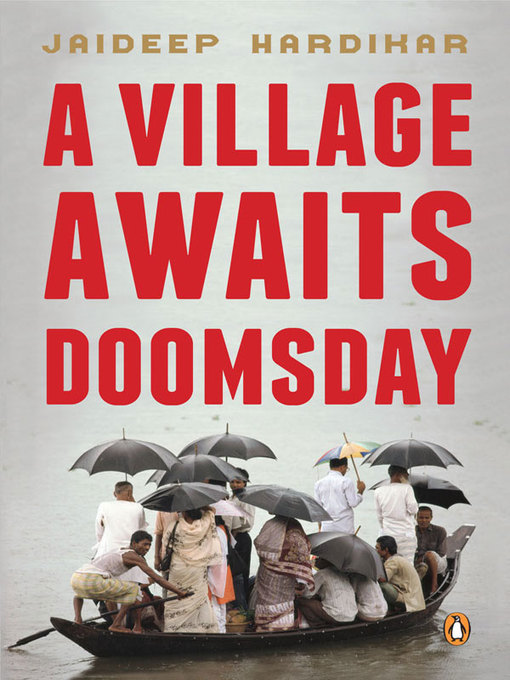Millions of people are displaced every year by development schemes such as the construction of dams, national parks, factories, SEZs, mines and thermal power plants. The conflict between those who are forced to part with their land and those who reap benefits from the projects is getting fiercer. In A Village Awaits Doomsday, Jaideep Hardikar brings us the personal stories of ordinary people from across the country displaced and made destitute by innumerable government and private initiatives. Apart from providing vivid accounts of individual experiences, he analyses the reasons why people protest, the laws that governments use to displace them, the existing rehabilitation and resettlement policies, and the latest debates over the land acquisition process. Hardikar's writing is evocative, the stories haunting and his book timely and important.
- Adult Series Starters
- Available now
- Dear Reader: Stories Told Through Letters & Diaries
- Family Dramas
- Jewish Experience
- Just Added eBooks
- Most popular
- Muslim Voices
- Read Banned Books!
- Try something different
- See all
- Oprah's Super Soul Conversations Listen-Alikes
- Available now
- New audiobook additions
- Read by a Celeb
- Most popular
- Try something different
- Author Interviews
- Great Narrators
- Family Reading Time
- Audiobooks for the Drive to Palm Springs
- Audiobooks for the Drive to Las Vegas
- Audiobooks for the Drive to San Francisco
- See all

